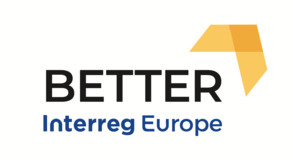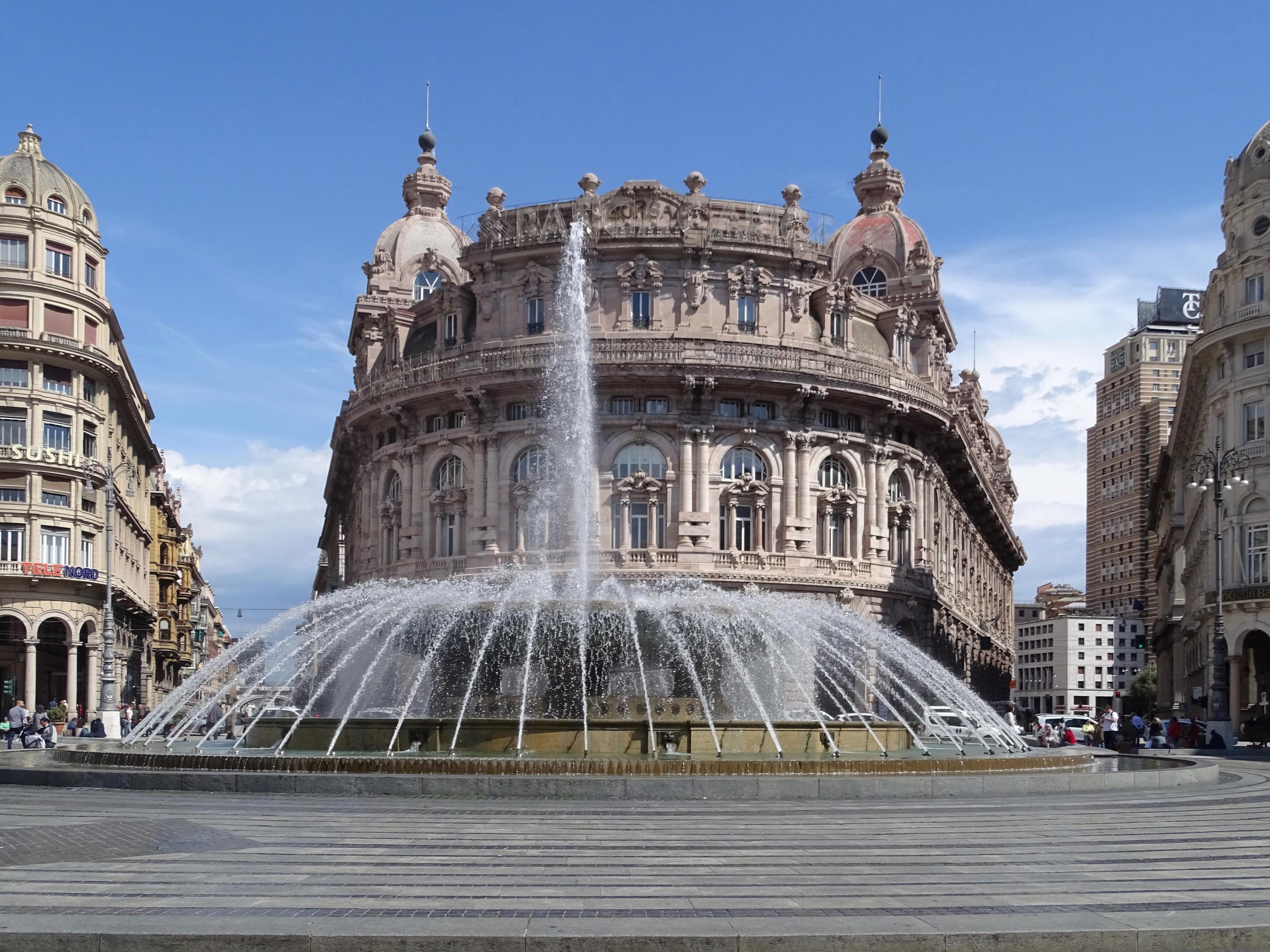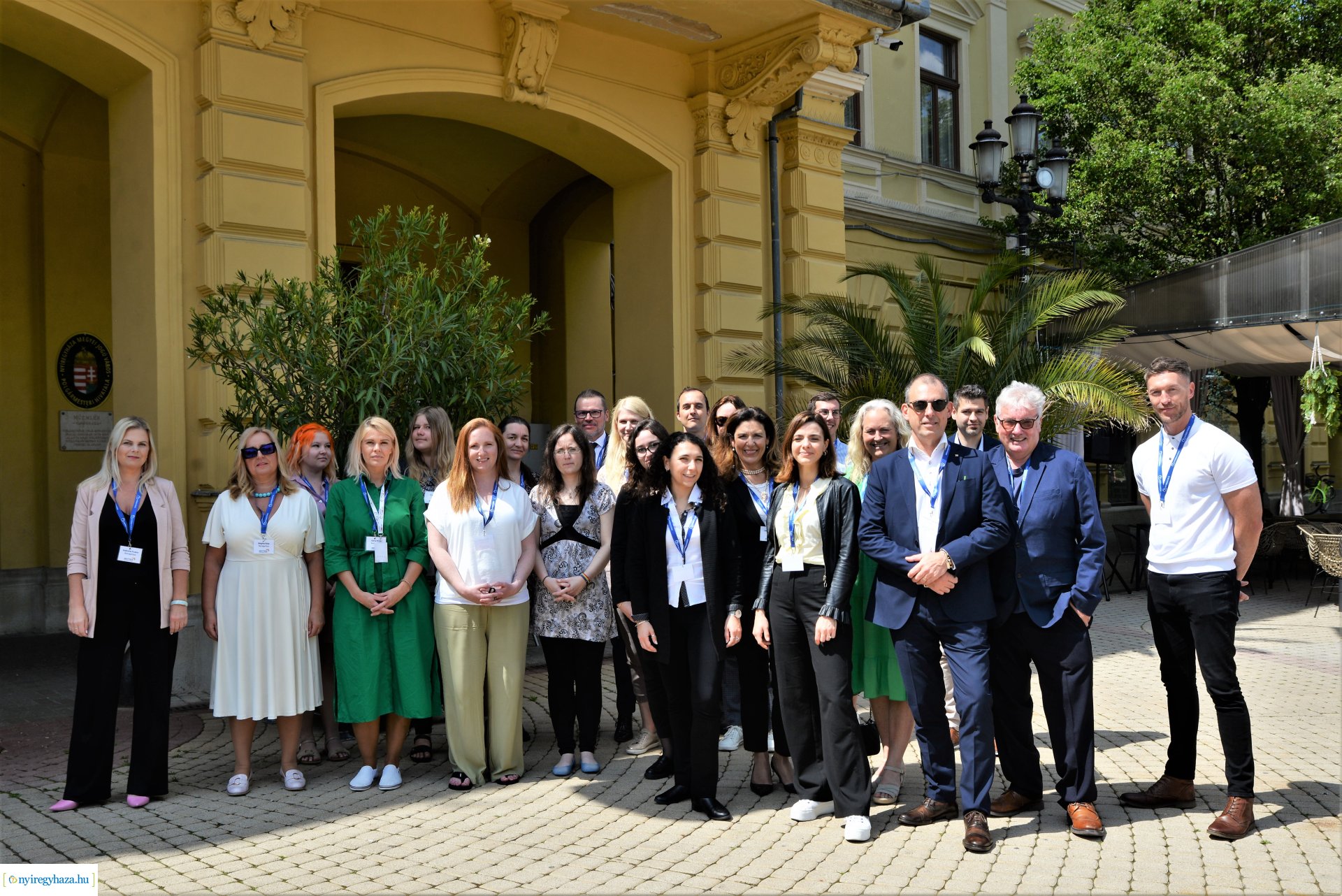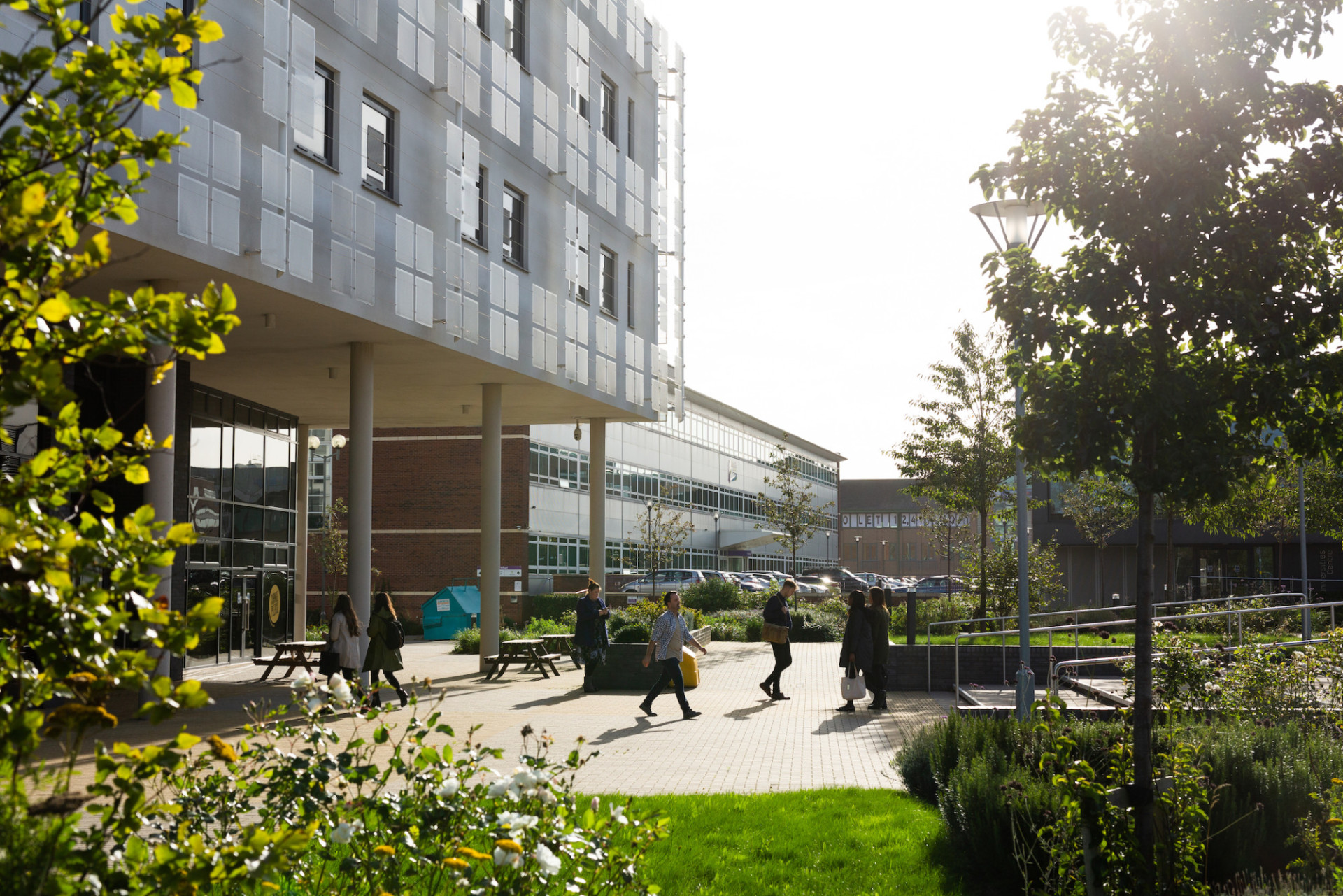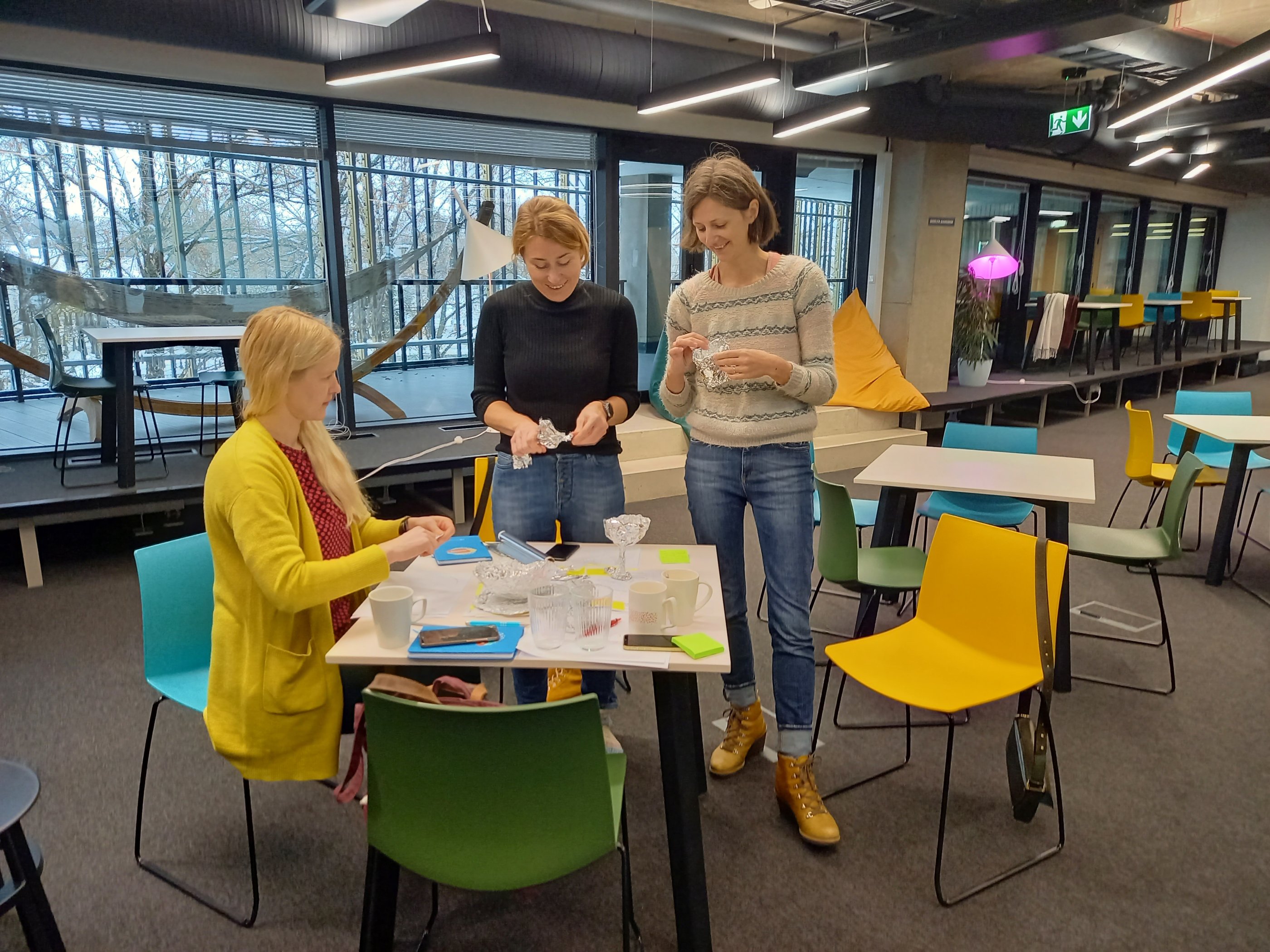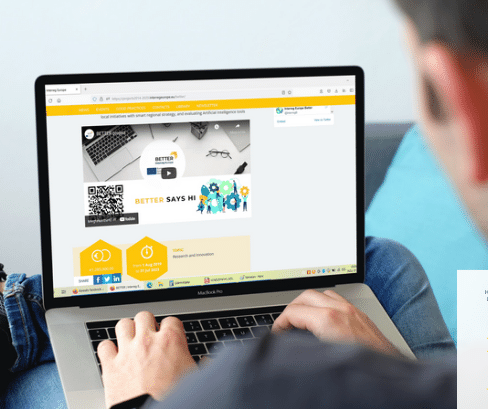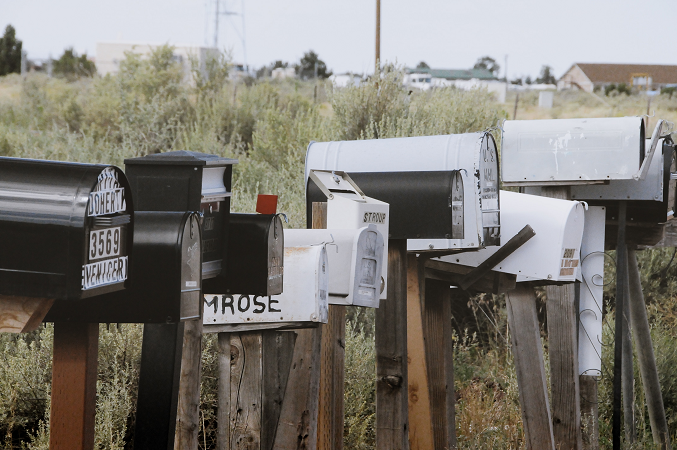The first stakeholder meeting of the project BETTER was organised by the Lead Partner, the Municipality of Genoa, last January 17th. The workshop/brainstorming was attended by representatives from the Municipality itself, SMEs/organisations representing SMEs and public administration representatives. The attendees shared with project team opinions regarding e-governance solutions already available in the Municipality and the new solutions to improve. The event brought very interesting interactions between participants, plenty of ideas and it was pointed out a strong willingness to support the project for further synergies. The majority gave very good feedback related to project themes and desire to support for further actions.
Besides explaining the project objectives, the LP shared also some reflections and results of the first Thematic Event that took place in Gavle “Physical and virtual infrastructure/assets to support the process for innovation" and anticipated some of the main topics to be discussed during the second Thematic Event “Development and application of innovative products and services” that is going to take place in Tartu. The event was focused on setting a discussion based on these two questions:
Which support needs the Municipality to improve e-services and allow the digital transformation?
Which public policies can be updated in order to support them?
Participants were opened and proactive to offer answers and solutions.
In particular, answers highlighted the need to accelerate the adoption of new technologies and the need of allowing interoperability of data, that will inevitably lead the digital transformation of e-services. As a consequence, the 1st step should be the process rethinking within the new paradigm, and for this are necessary mixed competencies- technical and business such as:
- Systems integration on distribution chains, transparent and easy data transfer between SMEs and public administration
- The digitalisation of some operational processes with public institutions
- Consultancy for process mapping in order to value digitalisation opportunities
- Acknowledge the digitalisation need
- Support for DIHs establish (Digital Innovation Hub)
- Fiscal facilities
- Vouchers for digital competencies development
- Sharing good practices
- Practice centred educational system
- Mixed financial programs
The group was pleased with the results of the discussion and, for the complexity and magnitude of the intervention, decided to continue the reflection for future events.
